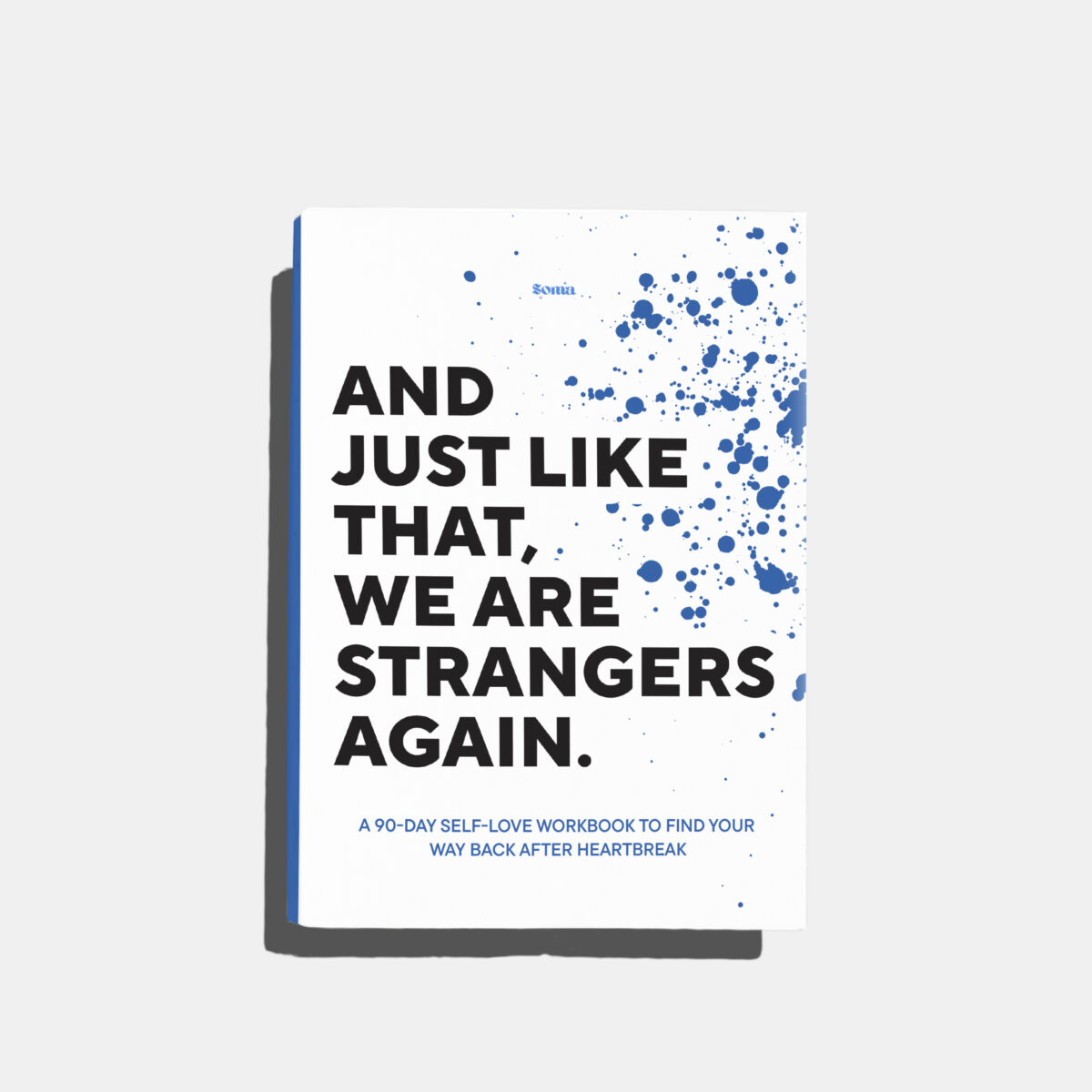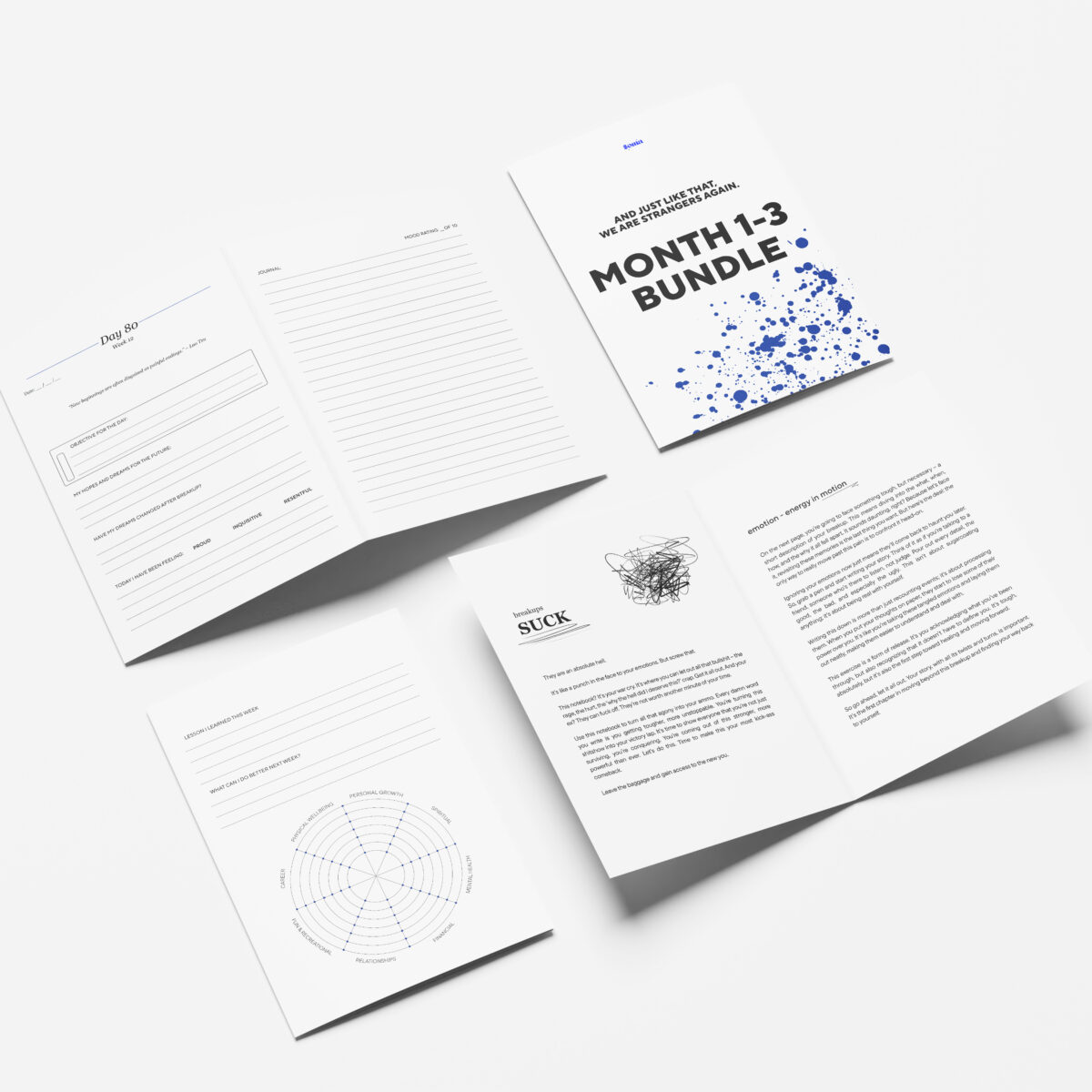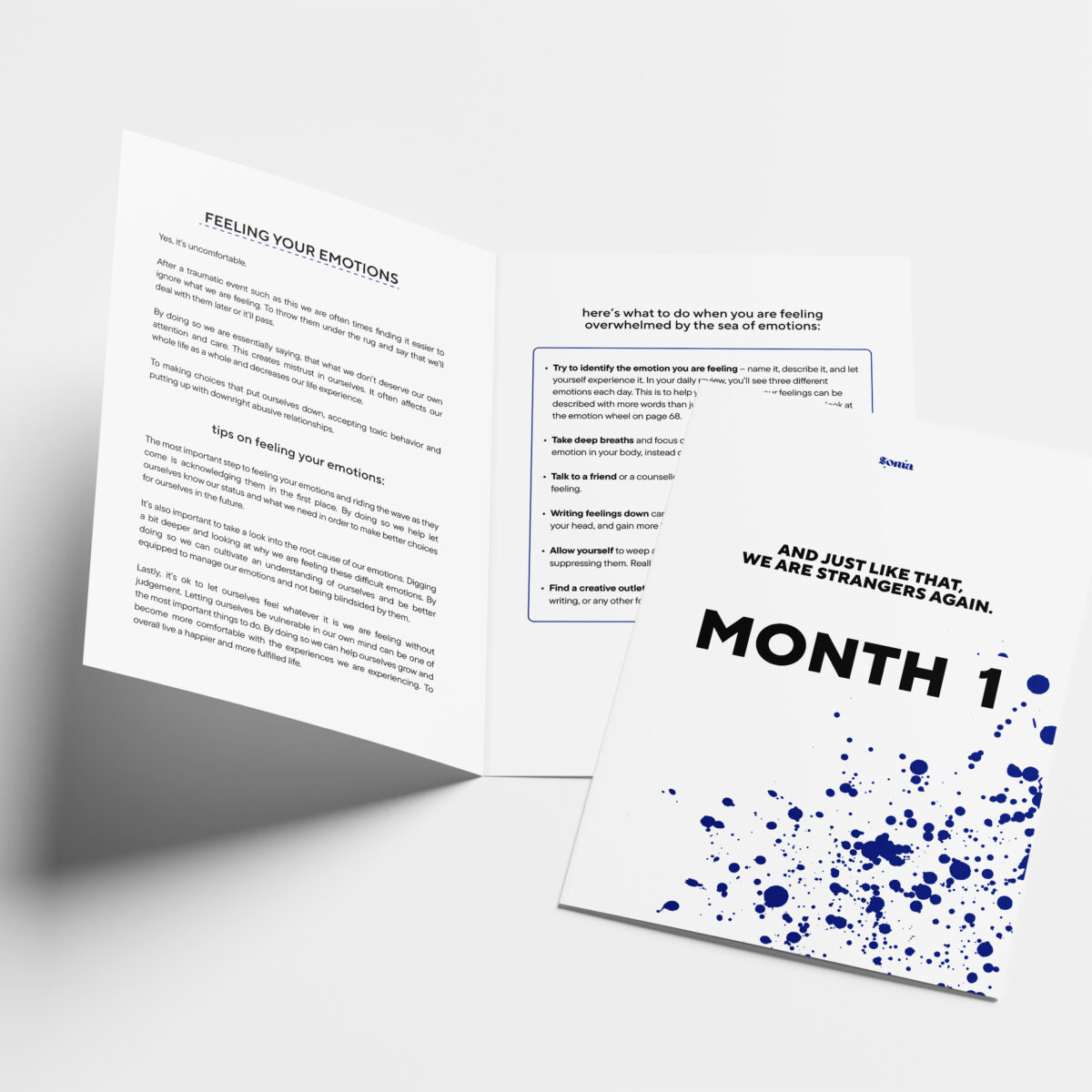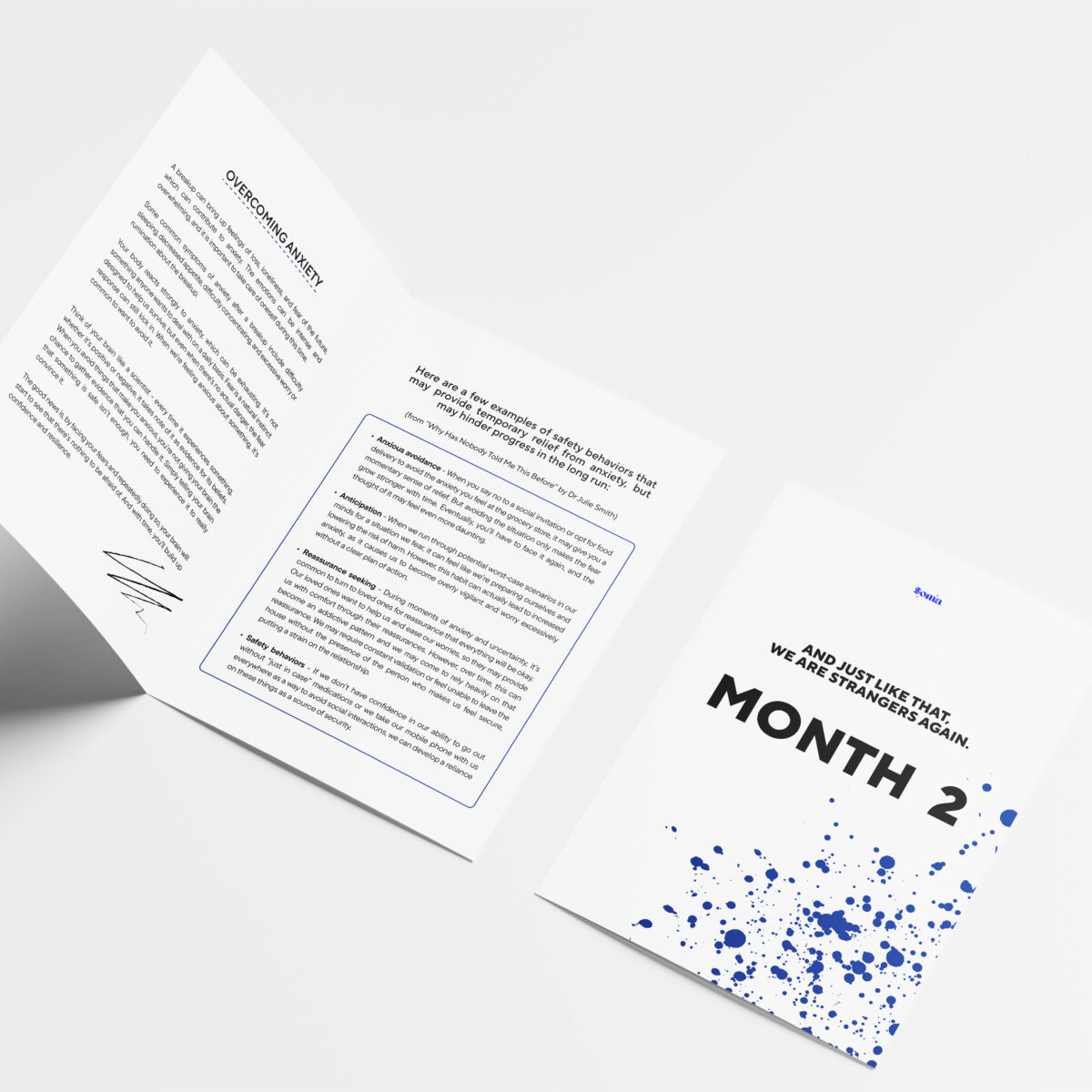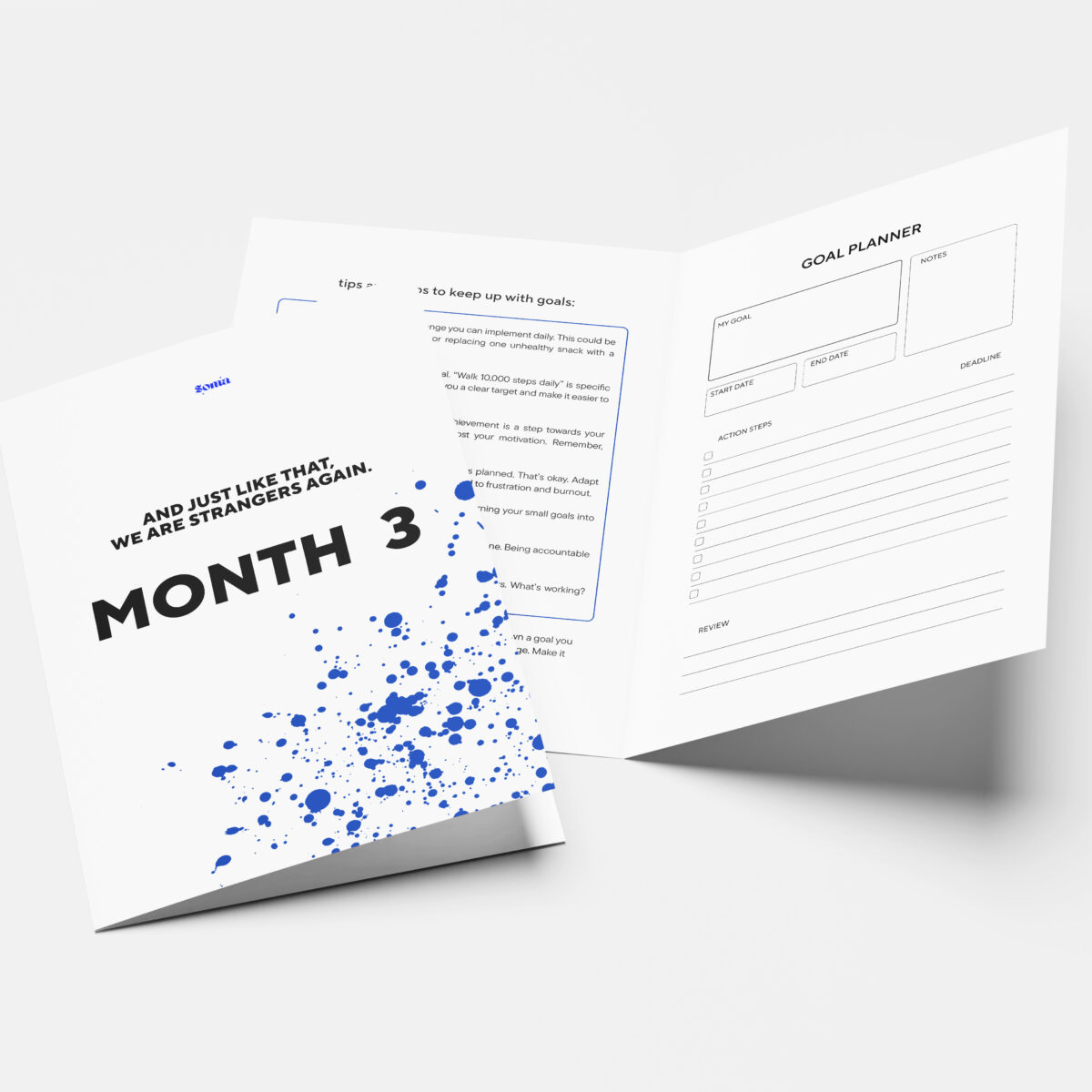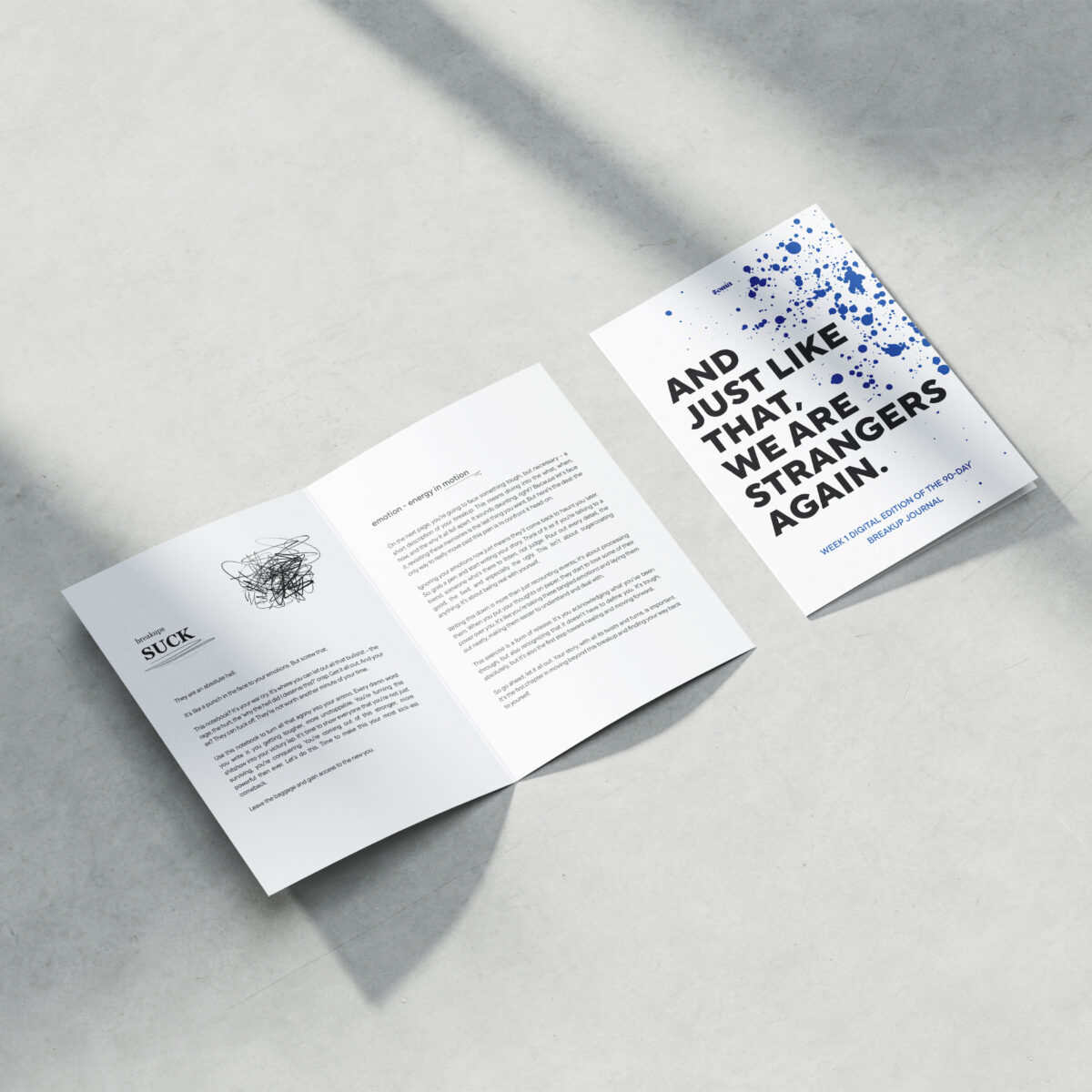
The end of a relationship can feel like the world is crumbling. Yet, within the universal experience of heartbreak lies something deeply personal. Why do breakups seem to devastate some, while others navigate them with relative ease? The answer may lie hidden in the echoes of your past.
How We Learn to Love (and Lose)
From our earliest moments, we form bonds with our primary caregivers. Whether they offered consistent love and reassurance, inconsistent care, or were altogether absent, those early relationships shape our expectations for connection throughout life. This framework is known as Attachment Theory.
Types of Attachment & Their Influence:
- Secure Attachment: When children feel safe, loved, and understood, they tend to develop this healthy foundation. As adults, this often translates to greater adaptability, ease in forming healthy bonds, and the ability to seek support after a breakup.
- Anxious Attachment: Inconsistency in early caregiving can lead to chronic insecurity and a deep fear of abandonment. Anxiously attached adults may feel an exaggerated need for reassurance, become hyper-aware of their partner’s moods, and have difficulty maintaining boundaries within the relationship.
- Avoidant Attachment: Those who experienced emotional neglect or were made to feel that their needs were a burden, may adopt an avoidant stance towards intimacy. Discomfort with closeness, downplaying their emotions, and an emphasis on independence mark this style.
Important Note: It’s crucial to remember that attachment styles exist on a spectrum and can shift over time. This understanding empowers you, rather than limiting you to a rigid label.
Echoes of the Past: Childhood Wounds & Breakups
Beyond our broader attachment style, specific childhood experiences can amplify heartbreak:
- Parental Divorce or Separation: A shattering of your foundation of love can lead to deep-seated insecurities about relationships, fear of abandonment, or an exaggerated sense of responsibility to prevent potential pain for a partner.
- Loss of a Parent or Close Figure: Grief from early loss can create a pervasive fear of being left again. Even later breakups with healthy closure can trigger this deeply rooted terror.
Self-Understanding: The Path to Healing
“Why does this hurt so much?” Asking yourself this question isn’t about assigning blame, but about illuminating your specific pain points. This knowledge lays the groundwork for:
- Greater Compassion: Knowing where your anxieties or avoidant tendencies may originate can soften self-criticism.
- Healthier Choices: Once you understand your own patterns, you can consciously work towards making choices aligned with your values and well-being.
- Empowering Therapy: If early hurt is significant, therapy offers a safe space to process this impact, allowing you to write a new story for your present and future relationships.
From Pain to Possibility
While it might feel impossible now, your heart will mend. Understanding the origins of your heartbreak responses offers crucial wisdom. It helps you heal old wounds, break unhealthy patterns, and move towards relationships built on a brighter foundation.
Need help exploring your inner world? Consider journaling as a tool for self-understanding.

